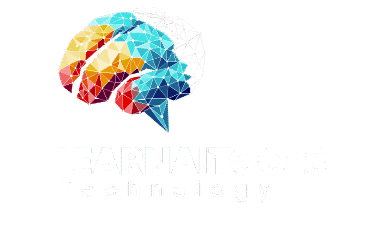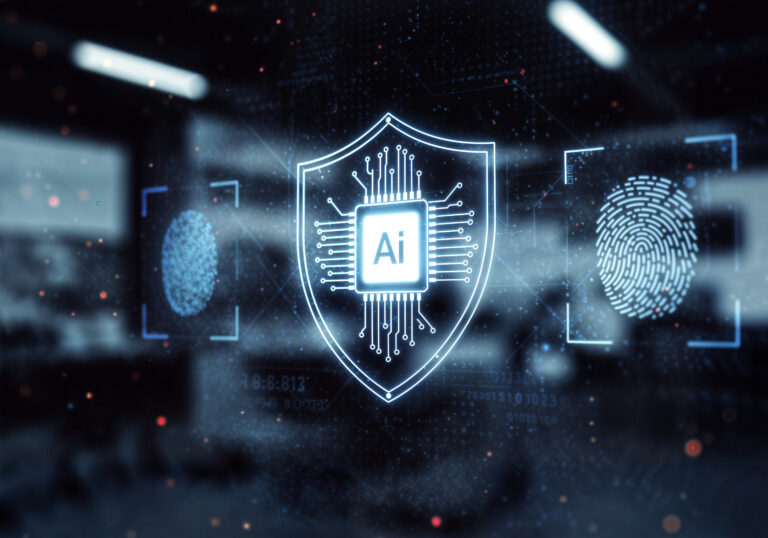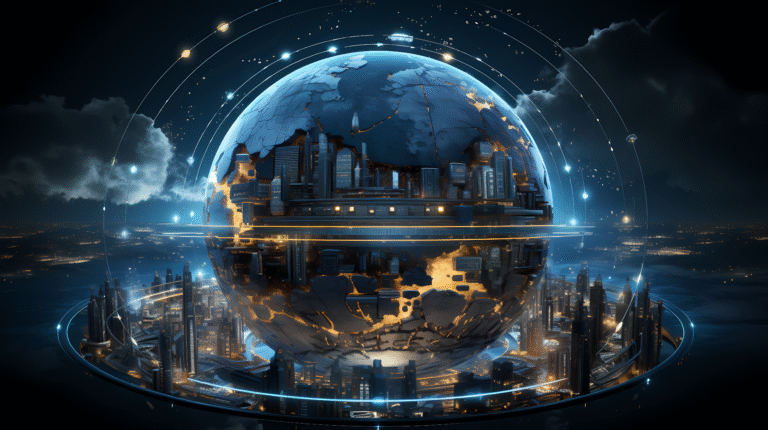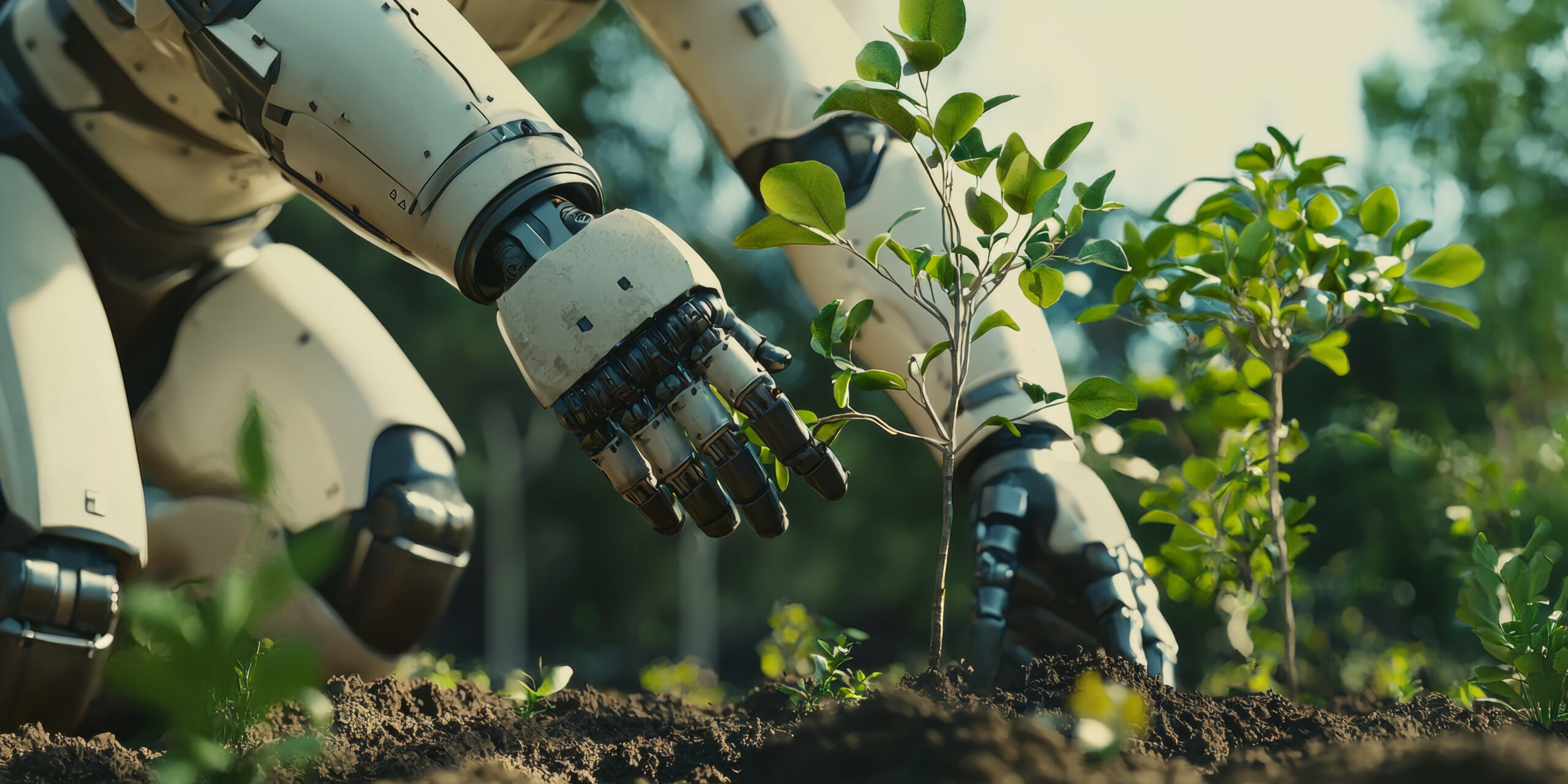
AI Farming 2025 – Revolutionizing Agriculture with Artificial Intelligence
Introduction
AI Farming 2025 is reshaping agriculture by merging advanced technology with traditional farming practices. As the world’s population grows, farmers face challenges like climate change, soil degradation, and rising food demands. Artificial intelligence (AI) is emerging as a game-changer, offering smart solutions that make farming more efficient, sustainable, and profitable.
Farming 2025: The Need for Smart Agriculture
AI Farming 2025 highlights the urgency of adopting technology to tackle food security issues. With global food demand expected to rise by 70% by 2050, traditional methods alone are insufficient. AI-driven solutions like precision farming, automated irrigation, and predictive analytics ensure better crop yield with minimal resources.
Farming 2025 and Precision Agriculture
AI Farming 2025 is at the heart of precision agriculture, where farmers use data and AI models to optimize crop management. Drones, sensors, and satellite imagery collect real-time data on soil health, water levels, and crop growth. This data helps farmers make smarter decisions, reduce waste, and boost productivity.
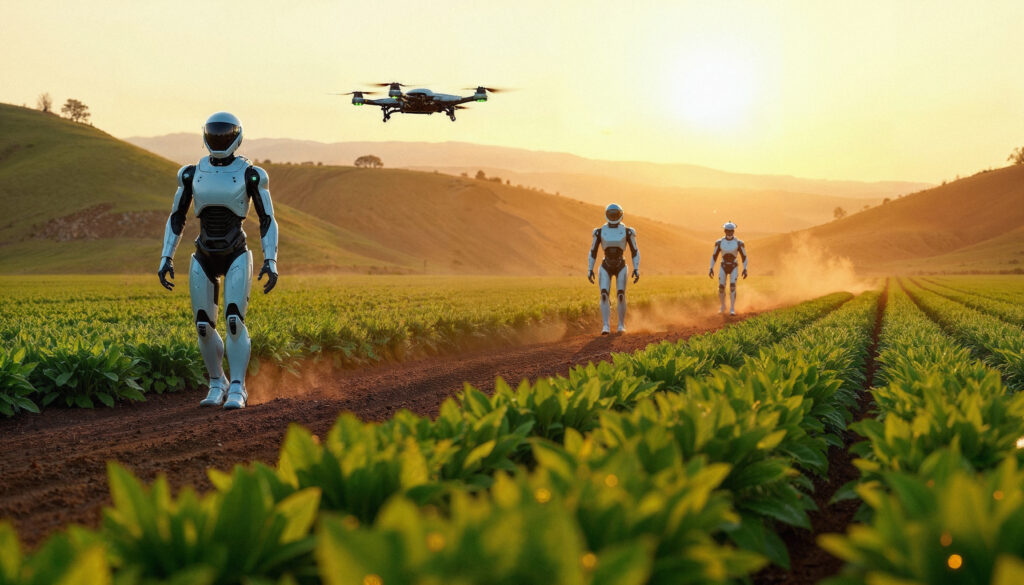
Farming 2025 in Climate-Resilient Agriculture
AI Farming 2025 plays a critical role in developing climate-resilient farming systems. AI algorithms can predict weather patterns, monitor crop stress, and recommend adaptive measures. By analyzing rainfall, temperature, and soil conditions, AI empowers farmers to mitigate the effects of droughts, floods, and other climate challenges.
Farming 2025 and Automated Machinery
AI Farming 2025 is transforming farm equipment into intelligent machines. From autonomous tractors that plow fields without human intervention to robotic harvesters that pick fruits with precision, automation is reducing labor dependency. These smart machines improve efficiency while lowering production costs.
Farming 2025 in Crop Disease Detection
AI Farming 2025 provides advanced disease detection systems through image recognition and machine learning. Farmers can capture crop images using smartphones or drones, and AI instantly identifies diseases or nutrient deficiencies. This early detection prevents large-scale crop losses and ensures healthier harvests.
Farming 2025 and Sustainable Practices
AI Farming 2025 is driving sustainability in agriculture by minimizing resource use. Smart irrigation systems powered by AI optimize water usage, while AI-driven fertilizer recommendations reduce harmful chemical use. These practices not only protect the environment but also improve long-term soil fertility.
Farming 2025 for Supply Chain Optimization
AI Farming 2025 extends beyond the farm to the entire supply chain. AI models forecast demand, optimize logistics, and reduce food wastage. By predicting consumer needs, farmers can plan harvesting and distribution more effectively, ensuring fresher products reach markets on time.
Farming 2025 and Farmer Empowerment
AI Farming 2025 empowers farmers with easy-to-use mobile applications and AI chatbots. These tools provide instant advice on pest control, crop management, and market prices. Small-scale farmers, often lacking resources, can now compete globally by leveraging AI insights.
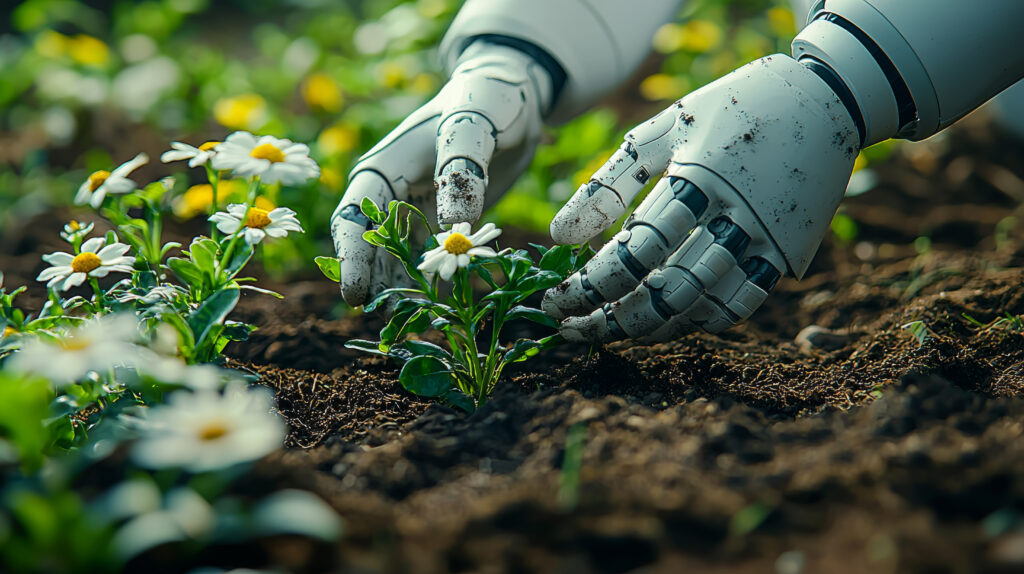
Challenges of AI Farming 2025
AI Farming 2025 also faces challenges such as high implementation costs, lack of awareness among rural farmers, and the need for reliable internet connectivity. Governments, startups, and tech companies must collaborate to make AI tools affordable and accessible to all farmers.
The Future of AI Farming 2025
AI Farming 2025 is not just about higher crop yields; it is about creating a sustainable food system for future generations. As AI evolves, farms will become more autonomous, resource-efficient, and climate-resilient. With global investment in agri-tech rising rapidly, the next decade will witness AI-driven farming becoming mainstream.
Conclusion
AI Farming 2025 is more than a technological upgrade—it is a revolution in agriculture. By combining artificial intelligence with farming practices, it addresses food security, climate challenges, and sustainability. From precision farming to automated machinery, AI is redefining how the world grows food.
The future of farming lies in embracing AI responsibly. If adopted wisely, AI Farming 2025 will not only feed the world but also protect the planet for generations to come.
